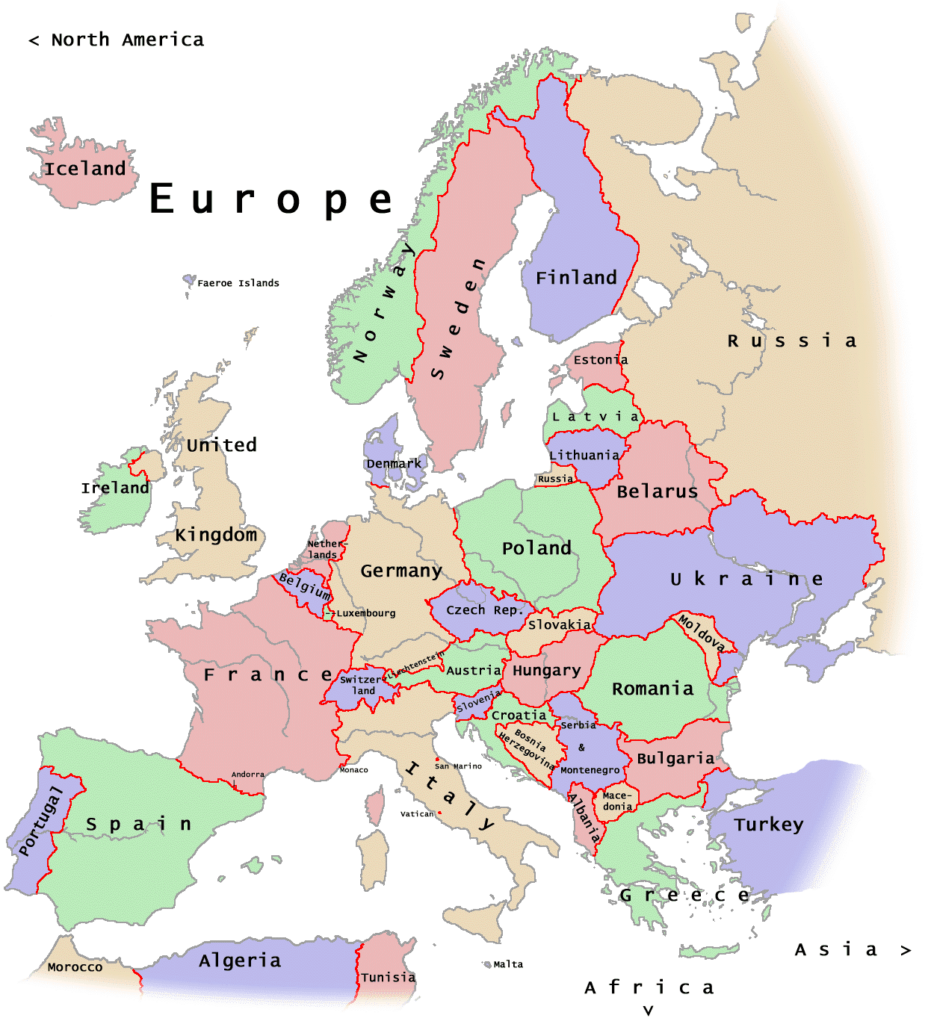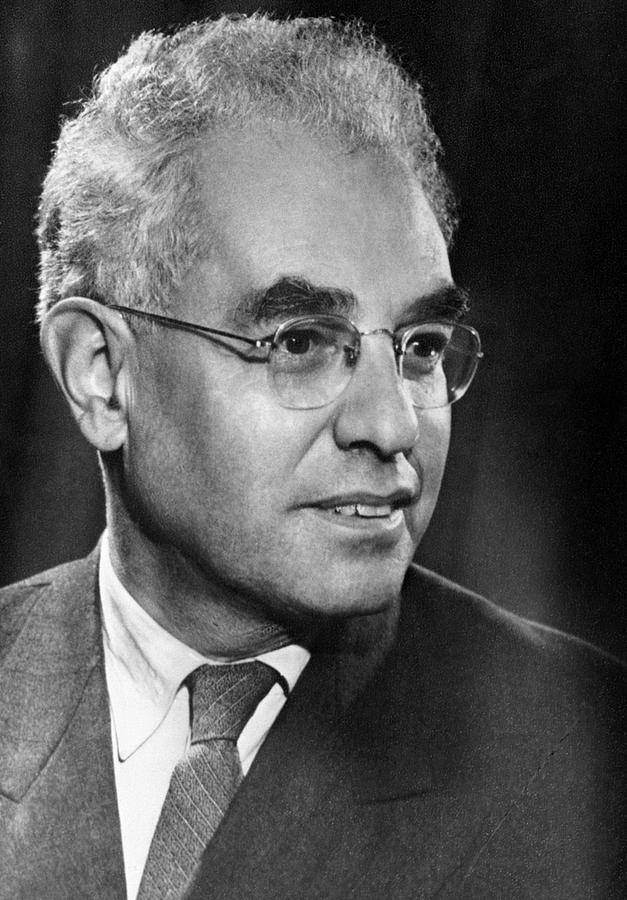Greece: The Golden Age
Grades 9+
 In 482 BC, the Persian king Xerxes asked the Greeks to recognize him as their king. Of course, they denied him.
In 482 BC, the Persian king Xerxes asked the Greeks to recognize him as their king. Of course, they denied him.
As he knew they would. Two years later, his massive army launched its fleet. The Greek city-states, which often fought against each other, formed an alliance to fight against the Persian forces. Under the command of Athenian strategist Themistocles, they pretended to retreat, The Persians were lured into a strait near the island of Salamis.
The Greeks had a smaller but more agile navy, and the Persian sailors were not used to fighting in a narrow strait. The Greeks’ maneuverability and tactics surprised the much larger Persian fleet. The Persian fleet was defeated.
The victory at Salamis put an end to the Persian threat – at least, for the time being. During this spell, the ancient city-state of Athens experienced a period of peace, harmony and prosperity like no other in history. The government provided strong leadership and citizens were encouraged to pursue their interests and dreams. Society was free, united, and happy. It may sound like a utopian fantasy, but the Golden Age of Greece did happen. Greece experienced a burst of creativity and intellectual achievement in politics, art, philosophy, architecture, and literature. And the first known computer? It wasn’t invented in the twentieth century, as most people believe. The Greeks created one. Known as ??????????, it calculated the movement of the heavens, probably to help sailors.
There had been other periods of peace in various parts of the world. Other peoples had experienced times of freedom, unity, and happiness. So why the Greeks?
∗
Answer the following. Don’t think about them. Just answer. The are not trick questions.
- Choose the object that does not fit the group: screwdriver, house, saw, hammer.
- What is this?
For question #1, most people say the house does not fit. The other three are tools, after all.
 However, if you could not read, then there would only be a 25% probability that you would say the house does not fit. In the 1930s, Alexander Luria, a famous Russian educational theorist, conducted a study among illiterates in Kazahkstan. He found that they cannot engage in the process called indexing, by which we group items with similar characteristics. People would make comments such as “The saw does not fit. I left it outside the house.” They engage in what we call situational thinking. Everything conclusion they would reach depended on the context in which it occurred.
However, if you could not read, then there would only be a 25% probability that you would say the house does not fit. In the 1930s, Alexander Luria, a famous Russian educational theorist, conducted a study among illiterates in Kazahkstan. He found that they cannot engage in the process called indexing, by which we group items with similar characteristics. People would make comments such as “The saw does not fit. I left it outside the house.” They engage in what we call situational thinking. Everything conclusion they would reach depended on the context in which it occurred.
For question #2, the people would say things like, “It’s the end of a log” or “It’s the top of a water jar.” They could not name a geometric shape.
And if Luria asked people to describe what kind of people his interviewees were, they would say, “Oh, I’m a woodcutter” or “I’m a farmer.” It he asked them the type of person they were, such as their personality, “they would repeat, “I’m a woodcutter” or “I’m a farmer.”
Luria’s research shook the world. It demonstrated that with the ability to read comes the ability to abstract.
The Greeks had learned to abstract. Why? The Greeks developed the first – and, so far, the only – true alphabet.
Earlier attempts at creating an alphabet produced hieroglyphics, in which pictures represent words – such as the Egyptians had – or logogrammatics, in which symbols represent whole sounds, such as the East Asians developed. Early Semitic peoples, such as the Hebrews, created an alphabet, but it lacked vowels. That, or so the theory goes, is why the early name for God was YHWH, rather than Yahweh.
Representing vowels was always the problem. Consonants, such a b or t, have a limited range of sounds associated with them. Vowels, however, have a huge range. Most English teachers can easily name at least six sounds of the letter a, for example. Linguists can identify about 25 sounds. Henry Sweet, the linguist who became the basis for Henry Higgins in Pygmalian and in the later musical, My Fair Lady, insisted he could identify 106!
The Greeks basically said, “Here is the letter. Figure out the sounds for yourself.”
According to both historical and neurological research, the human mind changed. People began thinking abstractly. This change had an effect on the way in which the Greeks thought about the world. By being able to record and communicate their ideas, the Greeks were able to develop more complex and sophisticated ways of thinking. This allowed for the development of more abstract concepts that would have been impossible without writing.
Breakthroughs occurred in mathematics including the Pythagorean theorem and Euclidian geometry, interest in cosmology (the study of how the universe operates) and metacognition (thinking about thinking), theories of architecture that still resonate today, advanced aesthetics, human-centered philosophy including explorations to prove the existence of the soul, revolutionary concepts in engineering including the Archimedes Principle, and the basis of atomic theory.
 The Golden Age also produced the foundation of modern drama, literature, and sculpture were developed. The arts flourished during this period, with great works of literature, architecture, sculpture, and painting being created. Philosophers such as Plato and Aristotle shared their ideas and theories, while playwrights such as Aeschylus and Sophocles wrote plays that are still performed today.
The Golden Age also produced the foundation of modern drama, literature, and sculpture were developed. The arts flourished during this period, with great works of literature, architecture, sculpture, and painting being created. Philosophers such as Plato and Aristotle shared their ideas and theories, while playwrights such as Aeschylus and Sophocles wrote plays that are still performed today.
And because people could now share ideas without having to be present at an event, literacy brought was marked by the rise of democracy and its values. This system of government enabled all citizens to have equal rights and was a major factor in the success and prosperity of the time.
The period was also characterized by peace and stability. This allowed them to focus on their economic and cultural development, which was further enhanced by the spread of trade and commerce.
The Golden Age of Greece ended in the fourth century BC. The beginning of the end started with a 27-year long war between Athens and the military dictatorship of Sparta. A plague wiped out most of the Athenian fighting force, including its great leader, Pericles. The Athenians lost the war.
Greece: The Golden Age – Activity 1
There are 28 words that end in ing in the essay. Determine if they are verbs, nouns, or adjectives. Keep “the act of” concept in mind.
To find the words, highlight the text. Then press Control+F. Type ing+space (ing plus a space) in the navigation box. Repeat the process with ing. (ing plus a period).
Do not include during, including, king, according, or everything.